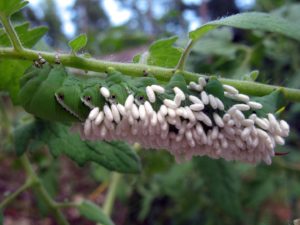
Hooray for Beneficial Bugs in the Veggie Garden!
Contrary to popular belief there are more good bugs than bad in the landscape. About 1% of all insect …



El inglés es el idioma de control de esta página. En la medida en que haya algún conflicto entre la traducción al inglés y la traducción, el inglés prevalece.
Al hacer clic en el enlace de traducción se activa un servicio de traducción gratuito para convertir la página al español. Al igual que con cualquier traducción por Internet, la conversión no es sensible al contexto y puede que no traduzca el texto en su significado original. NC State Extension no garantiza la exactitud del texto traducido. Por favor, tenga en cuenta que algunas aplicaciones y/o servicios pueden no funcionar como se espera cuando se traducen.
Inglês é o idioma de controle desta página. Na medida que haja algum conflito entre o texto original em Inglês e a tradução, o Inglês prevalece.
Ao clicar no link de tradução, um serviço gratuito de tradução será ativado para converter a página para o Português. Como em qualquer tradução pela internet, a conversão não é sensivel ao contexto e pode não ocorrer a tradução para o significado orginal. O serviço de Extensão da Carolina do Norte (NC State Extension) não garante a exatidão do texto traduzido. Por favor, observe que algumas funções ou serviços podem não funcionar como esperado após a tradução.
English is the controlling language of this page. To the extent there is any conflict between the English text and the translation, English controls.
Clicking on the translation link activates a free translation service to convert the page to Spanish. As with any Internet translation, the conversion is not context-sensitive and may not translate the text to its original meaning. NC State Extension does not guarantee the accuracy of the translated text. Please note that some applications and/or services may not function as expected when translated.
Collapse ▲
Contrary to popular belief there are more good bugs than bad in the landscape. About 1% of all insect …
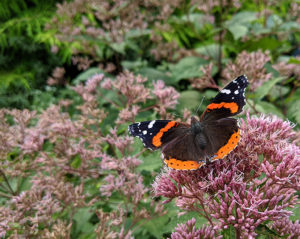
Pollinator Paradise is a Demonstration Garden created by the North Carolina Cooperative Extension, Chatham County Center. Agriculture Agent Debbie Roos …

We are excited to announce a fun opportunity for our 4-H’ers and families during this fall season. Each year during …

Volunteers are the heart of the North Carolina 4-H program. Their energy and commitment create positive opportunities for young …
8/28/2020 – The following message is from the N.C. Department of Agriculture and Consumer Services’ International Trade Office. Any …
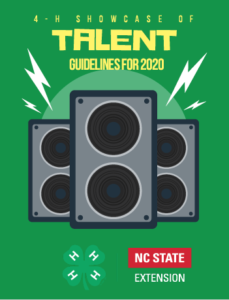
Get your 4-H Talent acts ready! We are excited to announce that we will be offering our 4-H Showcase …
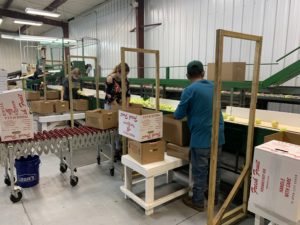
The NC State University Produce Safety Team has created training videos in English and Spanish to help farmworkers better …

View Webinar In this webinar, Lee Stiles speaks about his experience with substance misuse and the organization he founded to …

Pollinator Paradise is a Demonstration Garden created by the North Carolina Cooperative Extension, Chatham County Center. Agriculture Agent Debbie …
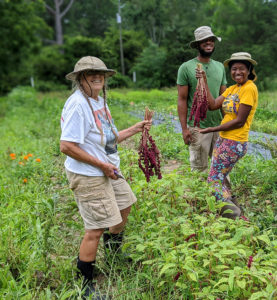
From Chatham County Agriculture Agent Debbie Roos: Farm Visit Snapshots are a new feature on my Growing Small Farms …

This summer, camp looked a lot different than normal. Instead of thousands of summer campers staying on site at …
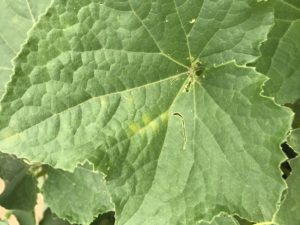
Cucumber Downy Mildew (CDM) has been confirmed on cucumber plants in our sentinel plot in Waynesville, NC (Haywood County). …
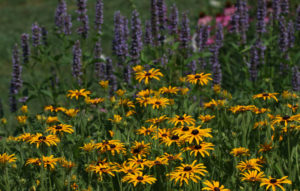
Pollinator Paradise is a Demonstration Garden created by the North Carolina Cooperative Extension, Chatham County Center. Agriculture Agent Debbie Roos …

Join us on the North Carolina 4-H Facebook page tonight, August 6, 2020, at 7 p.m. to celebrate the …